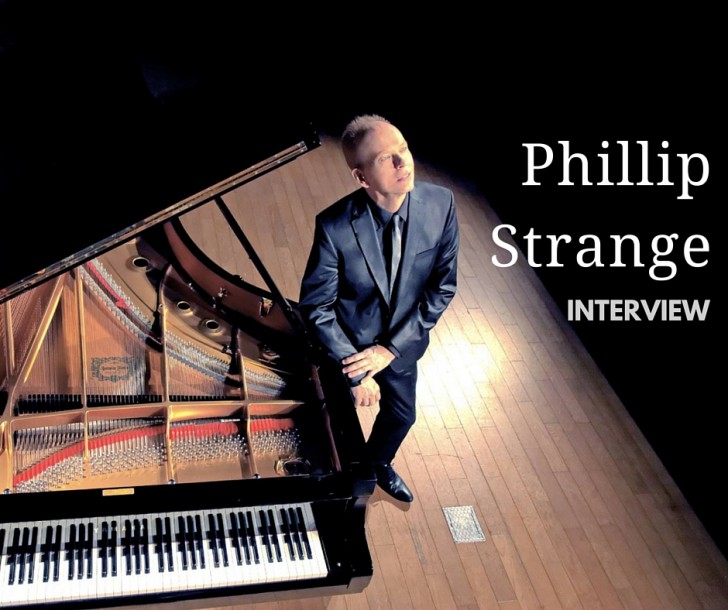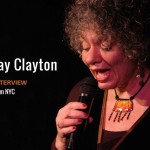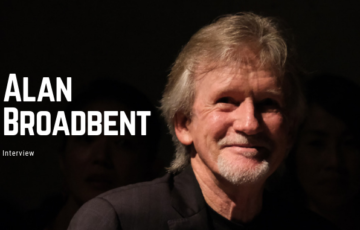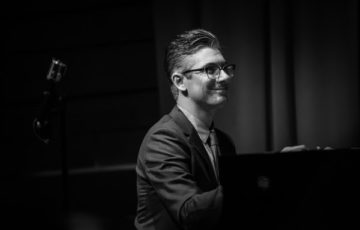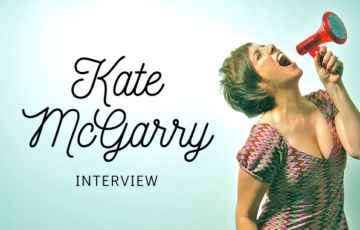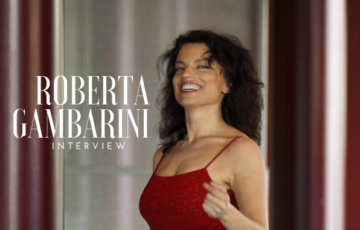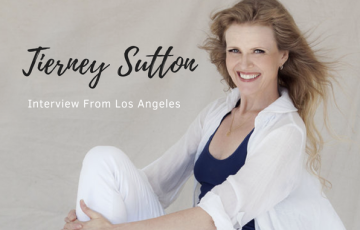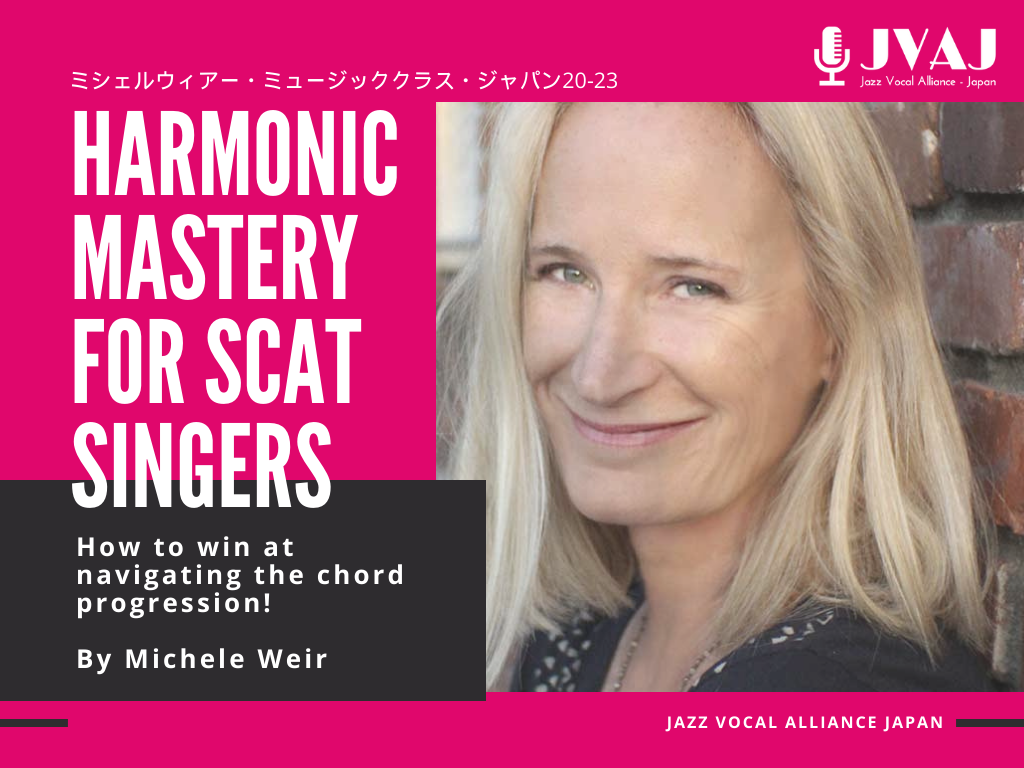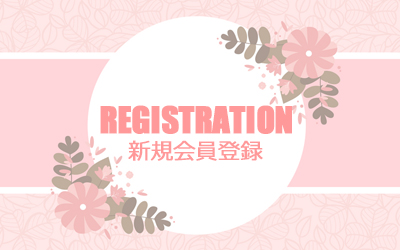- English (United States)
- 日本語
Interview about the questions from Jazz singers/vocalists in Japan:
About his music, teaching, philosophy of the art of Jazz and message for singers and accompanists.
“ Great singing is not accidental: the more you understand and can control, the better you will sound.
The better you sound, the more you will succeed in giving the audience a beautiful musical experience. ”
Phillip Strange – Biography
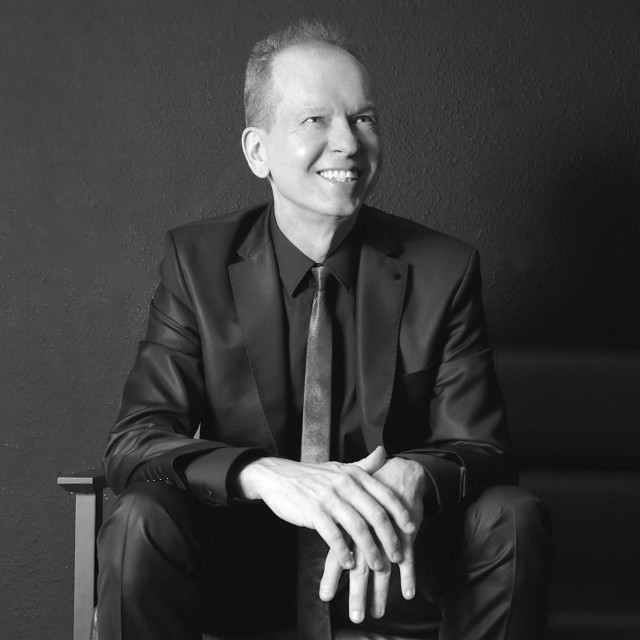
Phillip Strange
Phillip Strange DMA
Phillip Strange is an accomplished jazz artist, composer, and educator, currently living in Los Angeles. He has performed in the USA, Japan, and Europe with major jazz artists, including Joe Henderson, James Moody, Dave Holland, Peter Erskine, Marc Johnson, Kevin Mahogany, Lew Tabackin, Ernie Watts, Ira Sullivan, the Glenn Miller Orchestra, and many others. He is featured on forty-seven CDs, both as leader and guest artist. Strange has performed at major jazz festivals and halls internationally, including the Telluride Jazz Festival, Santa Fe Jazz Festival, Takatsuki Jazz Street (Japan), and many others. In 2014, he published a best-selling history of jazz in Japan, co-written with Kyoto University professor Akeo Okada.
Phillip Strange performs regularly at major jazz venues in the USA and Japan, and has recorded extensively. In 2013, Strange released a trio recording, Dreamscapes (New Truth Records), with Peter Erskine on drums, and bassist Darrek Oles. This CD features Strange’s original compositions, and has received favorable reviews. Strange released a solo piano CD in 2011 entitled One Summer Afternoon (New Truth Records), which contains highly personal performances of time-honored jazz standards. Strange has recorded many vocal jazz albums, notably including Yuriko Kodama (Music Of The Hours), Cathy Segal-Garcia (Alone Together), and Nanami Morikawa (Open Spaces), and many others. Upcoming projects include a recording of all-original vocal compositions, including both music and lyrics.
In 1999, Phillip Strange was awarded a university fellowship (full scholarship and stipend) to study at the University of Miami, where he was awarded the degree of Doctor of Musical Arts (2003). As a doctoral student, Strange received awards in Down Beat Magazine, including Best Instrumental Jazz Soloist (2003, 2002), Best Jazz Original Composition (2002), and Best Jazz Instrumental Group (2001).
Dr. Strange has taught at the University of Miami, Miami Dade College, Arizona State University, and Grand Canyon College. In 2005, Strange’s student won Best Instrumental Jazz Soloist (Down Beat Magazine, 2005). Strange currently teaches privately in Los Angeles, as well as teaching master classes and private lessons in Japan. Strange has a Masters Degree in piano performance (Arizona State University), and has performed five piano concerti with orchestra and classical piano recitals.
Interview
-
Hello Phillip!! When did you start working with singers? Why did you become interested in singers?
I began playing with vocalists when I was fifteen years old. A singer who wanted to sing for parties, weddings, etc., decided to train me (the kid!) to be able to play his songs, so that we could work together. He was patient, and I really appreciate him for helping me get started!
It was very natural for me to accompany vocalists, the general audience likes vocalists because everybody has a voice, they can relate best to vocal music.
There was a lot of work available for a young pianist who can accompany vocalists. When I first started, that was all I was thinking about, trying to get good at all of these tunes—in 12 keys!
-
Which singers inspire or impress you? Could you share your experience (both accompanying experience and listening experience)?
There have been so many vocalists that have impressed me, some famous, some not. There is just a very primary connection to music that great vocalists have, the music is made with their body, their muscles, their breath, their words, their feeling.
A short list of vocalists (not in order) that move me would include Louis Armstrong, Sarah Vaughn, Shirley Horn, Bobby McFerrin, Betty Carter, Mark Murphy, Carmen McRae, Mel Torme, Blossom Dearie, Frank Sinatra, Ella Fitzgerald, Ivan Lins, Nancy Wilson, João Gilberto, Nancy King, Chet Baker, Nat King Cole, Anita O’Day, Ray Charles, Tierney Sutton, Andy Bey, Diana Krall, Dianne Reeves, Elis Regina, Norma Winstone, and Rosa Passos.
I have accompanied many fine vocalists, and have learned different sides of music from each of them. I love how everyone sounds different, even though they all have in common basic vocal technique, pitch accuracy, good time playing, and so forth.
-
Please discuss a couple of your favorite musicians (any instrument), and make specific recommendations for listening (CD, Youtube, etc).
There are hundreds of amazing artists that I admire from early jazz through modern times. But let me focus on an important category of artists that singers and accompanists need to consider, yet are often overlooked. These artists are vocalists, who accompany themselves well on piano (or guitar).
A few important artists who can do this include Shirley Horn, Blossom Dearie, Andy Bey, and Joao Gilberto.
I listen to these artists in a special way. As these are incredible vocalists, I listen for how they accompany themselves at the piano (or guitar), knowing that their accompaniments are especially designed to be easy to sing with, and sound good in combination with the vocal. I listen analytically, asking myself questions.
- How active is the playing under the vocals?
- Do they play their vocal note in the accompaniment, or do they find other countermelodies to play to create a coherent overall musical image?
- What tone color do they chose for the piano, as being the easiest to sing with?
- Is there harmony behind every vocal note, or do they leave some vocal notes unaccompanied?
- What rhythms do they chose to accompany a ballad?
- What harmony did they use to accompany a song?
- Was it the standard harmony, or was it modified?
- If the harmony was changed, what is the advantage of the new harmony?
- What is the relationship between piano and vocal during rubato verses?
- How does the accompaniment make it easy to sing?
Those are some of the questions that I seek answers to as I listen to these artists.
A few vocal performances available on youtube that I like:
- Louis Armstrong and Ella Fitzgerald — www.youtube.com/watch?v=uEb4HzgILUU
- Shirley Horn — www.youtube.com/watch?v=Gh5cbHQIZKo
- Sarah Vaughn — www.youtube.com/watch?v=pV61GrA8PME
- João Gilberto — www.youtube.com/watch?v=g6w3a2v_50U
- Ivan Lins — www.youtube.com/watch?v=mQYUDvYVjUo
- Mel Torme and George Shearing — www.youtube.com/watch?v=D9euiDCoRRo
- Blossom Dearie — www.youtube.com/watch?v=x8m51S_aq3U
- Nat King Cole — www.youtube.com/watch?v=J1glriB54oE
- Frank Sinatra — www.youtube.com/watch?v=VEy7MQbCY6U
-
Why do you love working with vocalists?
Everyone has a voice. It is the primary music-making instrument for any musician: your own body is the instrument. The melody is literally alive, in all senses. My truest musical expression exists as a representation of my voice, played on the piano.
Harmony is the simultaneity of many voices, and can be represented on the piano. Most expressive effects at the piano, including dynamic choices, crescendos/decrescendos, accents, note-lengths, layers of dynamics in different parts (SATB textures), are imitations of the voice.
It is natural for the piano and the voice to make music together. Each one can supply what the other doesn’t have. The piano is a wood-hammers-strings instrument that can play fixed pitches, melodies, harmony, and orchestral sounds. It is beautiful, yet the sound is somewhat removed from the human body (that is part of its beauty). The voice is literally alive and breathing, and can provide the most direct, nuanced, and human experience possible with the melody.
The two instruments in combination have the potential to provide a very complete musical experience. For me, in addition to the piano I need to sing and work with vocalists, in order to keep musical expression alive in my heart.
-
What do you care about most as an accompanist?
I care about the vocalist:
- are the lyrics memorized
- the degree of pitch accuracy
- time accuracy
- pronunciation
- the beauty and control of tone
- musical expression
- the emotional story of the lyrics
- sensitivity and interplay with the accompaniment
- dynamics
- breaths, and so forth.
- I care about the quality of the music the vocalist asks me to read. (If it is well-written, I can read it as is, if it is poorly done I need to ignore much of it to avoid sounding bad—but still play the important parts.)
I care about, and need to be very aware of, my own playing. I question myself as I play.
- Am I loud enough to support the vocal, but not pressure it?
- Am I playing too much?
- Am I avoiding the vocalist’s melody pitches, and finding good, non-competitive sounding countermelodies to support the melody?
- Am I sensitive to the vocalist’s breaths, and keeping the music alive in those spaces?
- What are the weaknesses in the vocal, and what can I do to solve those problems?
- Are my accompaniments seductive enough to invite the vocalist deeper and deeper into her own musical world of expression?
- Is the accompaniment basic enough to require vocal expression to “complete” it?
- Am I providing enough of the musical fundamentals necessary for a great vocal performance (good time feel, understandable harmonies, appropriate countermelodies, light uncluttered musical space)?
-
What led you to start working as an educator? What do you like about it? What do you care most as a teacher? What is your goal as an educator?
I believe we are all at a particular point along the path of our musical and personal development. To “arrive” is to stop growing, and there is no actual destination at which we can “arrive.” The path and journey are the reward. I still focus on studying, learning, discovering, and improving. Why would I stop such a beautiful process? Is there anything better than personal growth and improvement?
Experiencing the exhilaration of discovery and fun of musical accuracy and expression naturally leads to teaching. I’d like to help other people master technique, understand the world of compositional thought, the power of musical unity and simplicity, the endless possibility of motivic development and elaboration, understand and feel the seductive possibility of harmony, all of it leading towards deeper and more fulfilling musical expression.
I care about the level of my students’ musical satisfaction, knowing that the deeper they understand music, the more effectively they will be able to make music. I want them to feel the emotional completion of fully expressing themselves in music. My goal as an educator is to give them the tools they need to achieve this. I want to help other people discover the beauty of imagination, find the desire to express emotion, and for this to emerge in the creation of beautiful and sophisticated music.
-
Is there specific advice you would offer to pianists who want to be good accompanists?
If you want to be a good accompanist, I suggest you study how singers accompany themselves (I mentioned several names earlier in this interview).
As you listen and analyze their accompaniments, you need to question what you hear.
- Why did they choose this type of playing as being the best possible accompaniment to sing over?
- Do you hear the piano and vocal separately, or do they combine to make a single musical image?
- What is the piano’s part of that image?
- Does the vocalist play their vocal note in the piano part (what percentage of time does it happen)?
- What is the basic dynamic level of the piano?
- What dynamic interaction exists between piano and vocal?
- Does the piano ever compete with attention melodically with the voice?
- Does the piano pressure the melody, or support it?
- How does the accompaniment provide rhythmic support?
- Are there places where the piano doesn’t play at all?
- What is the effect?
- How much pedal is used in the accompaniment?
Here is some basic advice for accompanists:
- Know the song well and practice it in the vocalist’s key.
- Don’t overplay.
- Play accurate time.
- Don’t compete for audience attention with the vocalist—they always have the melody, not you. Don’t force an “advanced” harmonic agenda on the vocalist, learn to make them comfortable instead.
- Hear the whole music as you play, the combination sound, not just your own part.
- Make musical decisions based on the needs of the whole sound, not just your own needs as a pianist.
- Play harmonies slightly before, or at the same time they need them, not afterwards.
- Provide an easy-to-understand and inviting musical framework for them to sing with.
- Play easy and clear introductions and endings.
- Try not to use the pedal.
- Play brief melodies during the vocalist’s rests to keep the music alive, then bring your melody to an end as the vocalist re-enters with the next phrase.
- Try to spot musical problems, and solve them before they happen.
- Practice often with the vocalist, and develop an ongoing musical relationship.
- Ask the vocalist often how to improve your accompaniment, don’t be afraid to talk about the music in detail with them.
- Strive for increasing musical unity with the vocalist.
-
If you were a singer, who would you like to play with?
If I were a singer, I would like to be able to accompany myself, so that I could experience being in control of the musical image. With increasing skill as an accompanist, I would easily know which accompanists I like, and which pianists are really soloists. (The “frustrated soloist” approach to accompanying is a terrible thing to hear.)
I would listen to Michel LeGrand accompany himself:
www.youtube.com/watch?v=KnJWtUfHH-o
Stevie Wonder:
www.youtube.com/watch?v=IziIAbG2DSU
I would study Shirley Horn’s self-accompaniment:
www.youtube.com/watch?v=DVjdJGLn09s
There are many fine accompanists in the world, a few famous, mostly not. If a great accompanist does his job well enough, the audience will focus on the vocalist (the most human and direct part of the music). This is a job well done, a satisfying musical result.
It is more important to understand accompanying, than to name names. If I were a singer, I would want to play with an accompanist who could help me achieve my highest artistic potential.
-
Please explain how to nurture your own creativity, how to keep on giving to people around you.
You have to protect and feed your artistic interest. Strive for higher and higher levels of understanding. Attend performances of creative artists, analyzing and feeling the music they create.
Find inspiration! Which artists surprise and inspire you? What styles of music inspire you (there are many thousands of styles from history, from other cultures, even from individual artists)? Try to make your art more expressive. Try to create textures and feels in music derived from unusual or unrelated sources. Listen to beautiful music every day, let it be a part of your life.
Open your heart, and help those around you who need you, in the way that is in their best interests. Improve other peoples’ lives through your presence. Understand them, comfort them, stimulate them, talk with them, play for them, open their minds to explore artistic beauty.
-
In closing, what do you love about jazz? Could you give us a message for singers in Japan? Thank you!!
I love jazz because it is a way to explore and find inner beauty and peace. Since jazz is an improvised art, it is like life itself, and must be discovered afresh by each new person exploring its paths. Perhaps those pathways are brand new, and have never been heard before! Perhaps the path is one that many people have taken before you, yet feels good to you in this moment. Jazz is music in the moment; it is as beautiful and expressive as you make it. You create everything, if you want to hear something, first imagine it in detail, then bring that image into reality using your musical skill. Live in that world you are creating. That is why I love jazz.
My message for jazz singers in Japan—work hard to understand jazz truly, learn to play the piano, study vocal technique, and learn to speak English. Great singing is not accidental: the more you understand and can control, the better you will sound. The better you sound, the more you will succeed in giving the audience a beautiful musical experience. And as you work hard to gain skill, make sure you enjoy every step of the journey, keeping your optimism and curiosity alive, knowing that you will never reach the end (there is no end).
